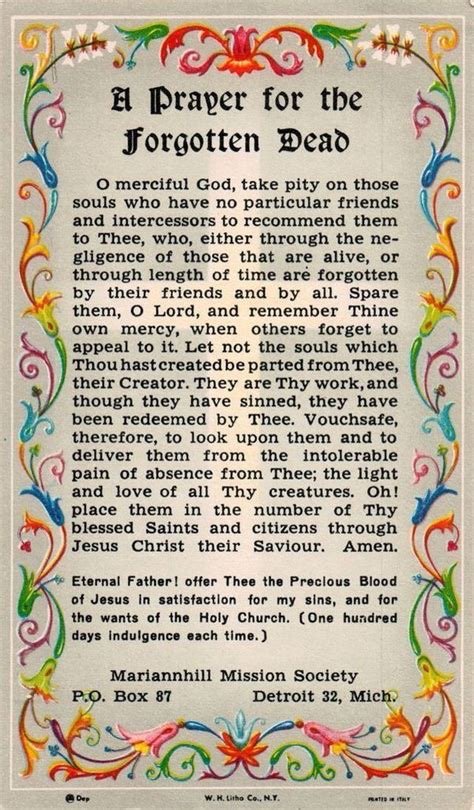Friday Links
April 25, 2025
We have a winner!
Out of Practice
An Age of Extinction Is Coming. Here’s How to Survive
Poetess (and Possible Future Saint) Captures Essence of Holy Saturday
Ishion Hutchinson on Les Murray’s Sensory, Mozartian Poems
Catholic Culture Podcast: On René Girard—Trevor Cribben Merrill
In your charity, please pray for the souls of Dr. Alexander Uribe (the best surgeon I’ve ever worked with, a man whose devotion to others, including his patients, was extraordinary and inspiring. It was a privilege to work alongside him) and Theresa Miller Matt, my good friend Dorian’s mother. May their memories be eternal. And let’s pray, also, for those who suffer in purgatory, but have no one to pray for them.
We have a winner!
Dappled Things is pleased to announce the winners of our 2024 J. F. Powers Prize for Short Fiction. These stories were chosen by our editors from hundreds of submissions. We look forward to sharing them with you in upcoming issues of Dappled Things.
Thank you to everyone who submitted their best work—stories that “take us to a place of hope beyond the walls of this world by looking at and through this world, in all its ‘counter, original, spare, strange’ glory.” Your stories speak to the vitality of today’s Catholic fiction, and to its future promise.
The 2024 winners: “Agua Caliente” by David Norling and “One Waffle, Extra Whipped Cream” by Dustin M. Hoffman.
Out of Practice
By almost every measure, over the past 80 years each generation of Americans has become less faithful than the previous one. Less than 30 percent of Generation Z — those now between the ages of 13 and 28 — attend a traditional religious service at least once a month, according to the General Social Survey. For the “silent generation” born between 1928 and 1945, the attendance rate is more than twice that. A sense of personal affiliation with a given faith tradition has followed an almost identical downward trajectory. Confidence in clergy to be honest and ethical, along with trust in religious institutions overall, also has plummeted among U.S. adults since the 1970s.
Why has this happened? Smith’s research identifies a confluence of factors that gathered like dark clouds for decades, precipitating a “perfect storm” in the 1990s and 2000s. Historical events, socioeconomic factors and the technological innovations of those two decades entrenched people’s mass retreat from the faith communities of their parents and grandparents.
An Age of Extinction Is Coming. Here’s How to Survive
That challenge is made more complex by the fact that much of this extinction will seem voluntary. In a normal evolutionary bottleneck, the goal is surviving some immediate physical threat — a plague or famine, an earthquake, flood or meteor strike. The bottleneck of the digital age is different: The new era is killing us softly, by drawing people out of the real and into the virtual, distracting us from the activities that sustain ordinary life, and finally making existence at a human scale seem obsolete.
Poetess (and Possible Future Saint) Captures Essence of Holy Saturday
Indeed, the poetess was all too familiar with this cycle of tears and triumph, as she herself was consumed by a constant inner turmoil, torn between her deep thirst for God’s love and presence and guilt over her lack of complete trust in him. Her work illustrates thereby one of the greatest paradoxes of the mortal soul — that is, the difficult coexistence between the eager expectation of eternal life and the painful mourning of the earthly life.
Ishion Hutchinson on Les Murray’s Sensory, Mozartian Poems
The strange part of the excitement was that Murray’s sensory evocation of my world—”the sea’s lucent linoleum, / the near trees with green-ants’ nests / square-folded out of living leaves”—radiated, as if by sonar, from another world of the commonwealth so that a subtle, estranged quality accompanied my discovery. My conversion was complete, without nostalgia. I got to know Murray with a physical thrill like memories of plunging into the bright sea at home.
Catholic Culture Podcast: On René Girard—Trevor Cribben Merrill
Mimetic desire, scapegoating: if you’ve been hearing these terms thrown around lately, it’s because the French Catholic philosopher René Girard (1923-2015) is having a renaissance, with powerful people like J.D. Vance and Peter Thiel citing his influence on their thought. Trevor Cribben Merrill, producer of the new documentary Things Hidden: The Life and Legacy of René Girard (directed by Sam Sorich), joins the podcast to discuss Girard’s principal ideas, and reflect on aspects of his thought which seem difficult to reconcile with Catholic doctrine.


